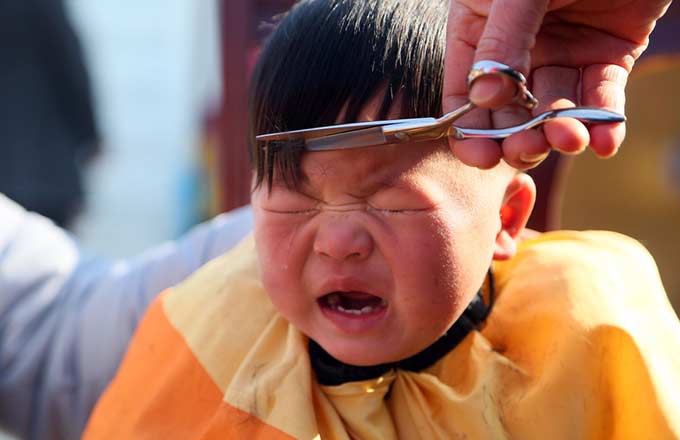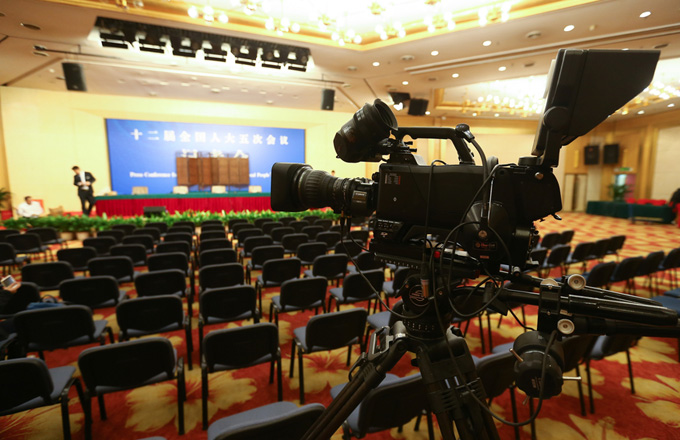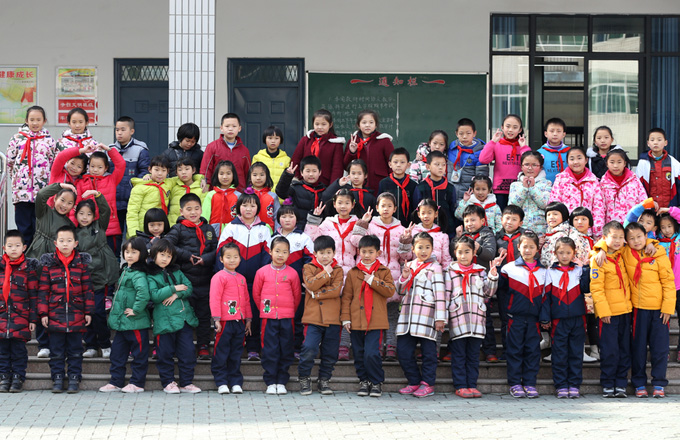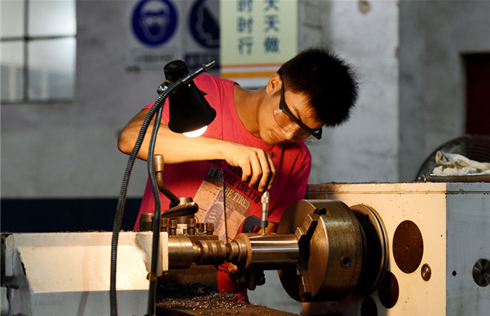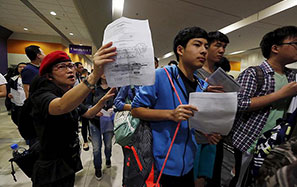Transplant system will 'ensure fair allocation'
Computer to prioritize patients according to their medical needs
The top health authority is set to issue a regulation ordering mandatory use of a computerized organ allocation system by hospitals in a bid to ensure transparent and fair allocation of organ donations, according to a senior official.
Huang Jiefu, former vice-minister of health, told China Daily in an exclusive interview that the regulation will enhance the efficiency of organ sharing and save more needy patients' lives.
Huang, head of the organ transplant committee of the National Health and Family Planning Commission, made the comments in response to concerns over fairness after reports said that only one-third of the nation's public organ donations had been allocated by the system.
"Organ allocation is in fact life allocation, and people won't donate without fair practices," he said.
Wang Haibo, director of the China Organ Transplant Response System Research Center at the University of Hong Kong, said the policy was developed after research based on dozens of countries' allocation policies and several discussions with Chinese experts and officials.
"We are looking forward to the coming regulation being forceful and strong enough to better supervise donated organ procurement and allocation," he said.
The computerized allocation system will automatically rank all waiting patients according to medical factors like disease severity, waiting time and distance from donors, then quickly single out the best recipient.
"All out-of-system allocations will be banned, and hospitals caught with irregularities will face punishment including suspension from practice or even license revocation," he noted.
Wang was on the national organ donation expert committee that drafted the regulation.
China has so far realized at least 700 public organ donations from the deceased, according to Gao Xinpu, a division director of the National Organ Donation Management Center under the Red Cross Society of China.
The Red Cross and the National Health and Family Planning Commission operate a national organ donation system to facilitate organ donations after death and to ease a serious shortage of organs for transplant.
Gao said equipment limitations and poor awareness were the main reasons that only one-third of donations were allocated by the system.
However, the other two-thirds were allocated according to similar principles, he pointed out.
According to Gao, hospitals that detect donors and obtain donations are now favored during the allocation.
Organ: System must be carried out 'gradually and cautiously'
"With matching recipients, the hospital that procures organ donations should at least have one organ harvested and transplanted for its own patient," he said.
The other organs donated are allocated first in the city and then the province.
But Gao stressed that putting all organ donations through the allocation system will become standard procedure.
"That should be regulated by the health authority and requires a matching mechanism to facilitate supervision by the Red Cross," Gao urged.
He was concerned whether the coming mandate would hurt hospitals' enthusiasm, as they might fear that the organ donations they procure could be used by other hospitals.
"More time and caution is needed for related issue planning and implementation," he said, pointing out that China's organ donation system was just getting off the ground and scaled up nationwide after a three-year trial in various regions.
Regarding the inconsistency between local practice and national policy, Wang Haibo said the policy should not simply be altered based on individual preference. The suggestion for policy revision should be subjected to review and approval by the China national organ donation expert committee.
Men Tongyi, a leading kidney transplant surgeon at Qiaofoshan Hospital in Jinan, Shandong province, agreed, adding that step-by-step progress is more practical.
He conceded that they had not yet turned to the system for allocation.
"The provincial Red Cross is now in charge of the allocation and sharing of organ donations within Shandong," he said.
Of the nearly 100 kidney transplants performed in the hospital last year, 13 were deceased public organ donations, procured by the hospital and others.
Li Peng, a doctor at the procurement center of the General Hospital of Guangzhou Military Command of the PLA, thought otherwise.
"We've long been waiting for such a regulation," he said.
Without the system, "how can we ensure fair allocation and bolster public willingness to donate", he noted.
When asked by donor families if the organs only go to the rich and powerful, "I can firmly say 'no' and show them the system", he said.
The first to use the system, the hospital has performed nearly 40 public deceased organ donations since 2011 involving about 100 organs, he revealed.
Nearly half went to other hospitals and some even went outside Guangdong via the system.
However, "we never received one from others", he complained.
He urged quick introduction of the regulation to address the problem, which he said is caused primarily by poor awareness and hospital-based organ allocation.






